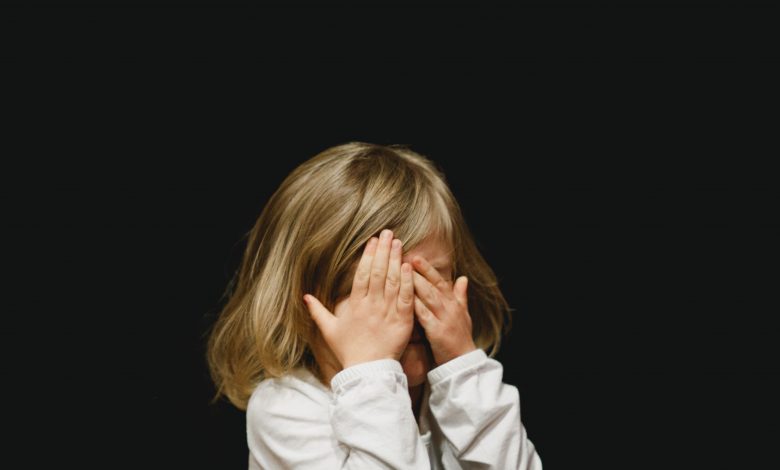What Are the Effects of Divorce on Children?

Parental divorce
The attitude of children towards the divorce of their parents, as a rule, is purely negative. Even if the love between parents is already gone, the wish of every kid is that mother and father live at the same home and sleep in the same bedroom, by one word-live together. Thus, the impact of parental divorce on children can have a shocking effect.
At the age of up to six months, babies practically do not notice the absence of one of the parents. They quickly forget him, provided that they are surrounded by maximum care from other relatives. Even a nursing child, when parents divorce, can experience psychological trauma.
Divorce law in New York
In the United States, lawyers do everything to reduce the stress of divorce for both parents and children. New York follows the same rules. Divorce law in New York is doing everything to make divorce easier for children and parents.
The ages from six months to 2.5 years. Due to the absence of a father or mother, the child’s mood can often and dramatically change. Whims appear and there may be problems with falling asleep and playing activities, speech. And at the age of 2.5 years, children sometimes experience psychological shock, often even serious.
The ages are from 3.5 to 4.5 years. The behavior of children of 3.5 – 4.5 years old when their parents divorces becomes more embittered, anxious, aggressive.
The ages are from 5 to 9 years. A child of 5-9 years old may experience quite a strong depression about this. 5-7-year-old children react sharply to the divorce of parents, there is increased irritability in the child and an increase in the level of anxiety.
Very often in preschool age, the kid blames himself for the divorce of his parents and it is often quite difficult to dissuade the child. Fears appear in the child when the father and mother are in conflict, openly or cannot establish contact with each other to resolve issues that concern the child. Parents cannot come to a compromise when the father can visit the child, in what ways he will participate in his life. Many fathers would like to see their child not only once a week․

Effects of Divorce on Children
However, the most serious consequence for a child from a parental divorce is raising a child in an incomplete family. The departure of one of the parents can negatively manifest itself already in early adolescence. In addition to fears, parents often complain about the aggressiveness of the child, frequent crying, the baby may have a sleep disorder and a decrease in cognitive processes. Experts believe that every fifth child with neurosis has experienced separation from his father.
Mental trauma in a teenager manifests itself differently than in children of other age groups. The most difficult parental divorce is experienced by adolescents. A teenager can avoid communication, build superficial communication. Withdraw, experience strong negative emotions, or, on the contrary, start big companies and be tough in relations with other people. A teenager’s performance at school declines, discipline is disturbed, some have the idea of running away from home, conflicts with friends arise.
What to do?
In order to reduce the negative impact of divorce on a child, parents can contact a family psychologist. It is important to build further relationships while maintaining humanity and friendly feelings. At the same time, jointly solve the issues of raising a child.
If parents separate brothers and sisters, then this can cause even more psychological trauma than the parents’ divorce itself. When the parents decide to divorce, it is necessary, together with the spouse or spouse, to inform the child of this news, choosing the most gentle way. How this will happen, at what time, and what words are needed, all these points can be spoken at a psychologist’s appointment.
After working with a psychologist, most parents begin to cooperate with each other and agree on the further upbringing of the child, even if they remarry. There are, of course, parents who are not able to sit down at the negotiating table. Then many issues remain unresolved and the child may suffer in such a situation.
Try not to change your child’s lifestyle. Remember that in any case, the divorce of the parents has a huge impact on the fate of the children, but whatever the relationship between the mother and father after the breakup, the child should not suffer.
Despite the fact that divorce is tough on families, staying together for the sole sake of the children may not be the best option. Children who live in homes with a lot of arguing, hostility, and discontentment may be at a higher risk for developing mental health issues and behavior problems.
The takeaway
While a child may initially feel low or sad about the divorce, studies report that children of divorce are at risk of developing clinical depression. Even more concerning, a few are also at higher risk of suicide threats or attempts.
In much of the research and writings on divorce, it’s clear that kids are resilient. The effects of separation tend to be more challenging in the first 1 to 3 years.
Plus, not all kids see negative effects from divorce. Those living in high-conflict environments may even see the separation as something positive.
In the end, it goes back to doing what’s right for your family. And families can take on many forms. Try your best to explain to your child that, no matter what, you are still a family — you’re simply changing. More than anything else, your child wants to know that they have your unconditional love and support regardless of your relationship status.
Each child and each family are obviously unique, with different strengths and weaknesses, different personalities and temperaments, and varying degrees of social, emotional, and economic resources, as well as differing family situations prior to divorce. Despite these differences, divorce has been shown to diminish a child’s future competence in all areas of life, including family relationships, education, emotional well-being, and future earning power.





